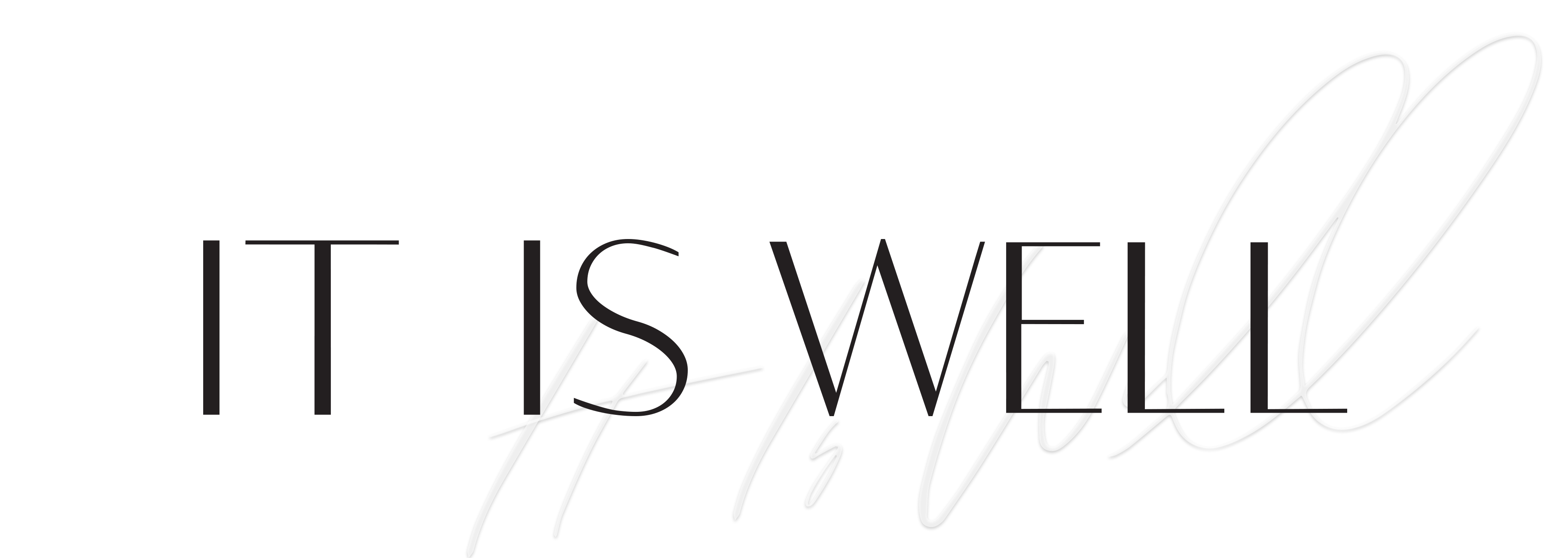
A beautiful “no”
NO.
Go back and look at the previous word again. NO. What do you experience when you look at that word? What do you feel? What memories come up?
Looking into your past experiences with that word, when you’ve used it, when you should have used it but didn’t, when you received it, and what it really means to you matters very much. It can either empower you to continue using that word, knowing you stand for what’s right for you, or it can stress you out just thinking about saying “no” to anybody, including yourself, your cat, or that person selling you a subscription to the newspaper.
Often times, fear is the reason behind saying the word. We fear so many things, and sometimes these things sound more scary in our heads, and sometimes we imagine the worst case scenario for what would happen if we said “no”. What are those fears for you? Write them down if you need to.
Now, for each fear scenario you have in mind, imagine yourself stronger than that fear. What that look like? What would you look like? Do you imagine yourself as a warrior making eye-contact straight on, or imagine yourself as the hulk, or being filled with the Holy Spirit? If you’re familiar with the Bible, there’s a great verse in there that talks about not having a spirit of fear, but of power, love, and a sound mind (2 Timothy 1:7).
So, we know what we fear would happen if we say no, we know what that feels like, and we have an idea of what strength looks like. Now, for the last part: What do you value enough that makes saying no worth it? What do you value and gain by holding on to your no? Is it your well-being, your choice, what you know is best for you? What do you gain by saying no?
For example: You fear saying no getting coffee with a pushy friend during a busy week. You imagine yourself saying “no thank you” in a firm convincing voice (and quite maybe dressed like a warrior princess lol). You think about what you would gain instead, maybe finishing up a book, taking a bath, working out, etc. You think about just how much those things matter to you, and why they are important. And then you say no.
When you have an opportunity to say no, you have the opportunity to say yes to something you might just value a little bit more.
Blog Disclaimer: This blog is for informational and educational purposes only. No therapist-client relationship arises from this blog. The information provided and any comments or opinions expressed are intended for general discussion and educational purposes only. They should not be relied upon for decision-making in any specific case. There is no substitute for consultation with a qualified mental health specialist/counselor who could best evaluate and advise based on a careful evaluation. It is understood that no guarantee or warranty arises from the information provided or discussed on this blog.

One Comment
Robyn Jenkins Pollock
I like the way you reminded the reader that saying no, means a yes for something else of true value. I also think it is very true that the word ‘no’ is used too often and not enough because of FEAR. Because the word ‘no’ is so final; I think we fear being misunderstood or identified as someone who cannot or will not follow through in the way expected by the asker. But it is also true that all of us respect the person who calmly and kindly says ‘no’. We know that person is confident in their decisions and not looking to be liked by saying ‘yes’ to everything. Robyn Jenkins Pollock🌿